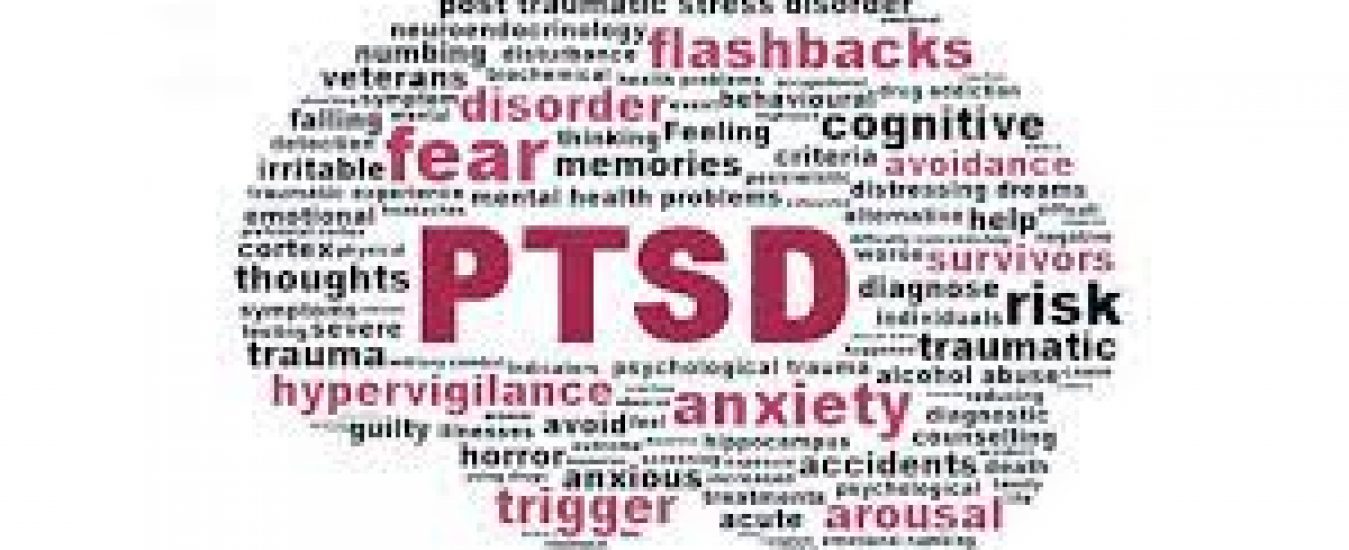By William Omondi
After the election that was held on August 9 2022 and after the Supreme Court ruling that was rendered on September 5, 2022 life in Kenya is now returning to normal. Most of us went to the polls with the myriad stresses emanating from the vagaries of high rates of inflation, drought and famine. Kenyans are therefore tense, stressed up and anxious about losses and gains that the polls portend for them. As we watch television, listen to the radio, follow the news from our favourite social media outlets and receive calls from our friends and relatives, we feel anxious and overwhelmed by incoming messages. Our subsequent reactions vary depending on our temperaments and psycho-social support systems.
Those of us who cannot withstand the pressure freeze by becoming immobile and are unable to talk. Some fight by reacting violently as others flee from threatening environments. From the psychological viewpoint, the above feelings are valid because elections determine our socioeconomic and political destiny. We elect leaders that make decisions and formulate policies that affect our lives positively or negatively. In most African countries, elections become a matter of life and death because they determine the inclusion or exclusion of groups based on their creed, ethnicity and class.
Consequently, in 2016, US Psychologist Prof. Steven Stonsy; first used the term Electoral Stress Disorder (ESD) in an article that he wrote in the Washington Post. He articulated how he was overwhelmed by calls of distress from the American electorate. In the same year, a stress survey that was conducted by the American Psychological Association noted that 52% of Americans expressed that the presidential election was a substantial source of stress in their daily travails. This scenario is currently playing out in Kenya’s post-election period. It is manifested in toxic messaging on social media platforms and deliberate misinformation. Political leaders also insult each other verbally and in writing. We are therefore predisposed to PESD.
PESD destabilizes our daily routines and is evident in our inability to sleep or wake up, as usual, loss of control of emotions, anxiety, irritability, intense fear of losing positions business opportunities, government jobs, property, our lives and those who are close to us. We become susceptible and consistently check our phones for incoming news updates, and watch television or listen to the radio for the latest breaking news. We equally avoid using social media and flip to other channels to avoid watching candidates we do not prefer. We also feel uncomfortable in the presence of persons with divergent political inclinations.
We can deal with PESD by accepting the fact that we executed our mandate of voting for our preferred candidates. This action lowers the burden of perpetually blaming ourselves for not voting. This is also the period when we should take care of ourselves by balancing our involvement in politics and watching the news. We should ensure that our physical environment is safe, maintain a healthy lifestyle by avoiding hard drugs, alcoholic drinks, overeating and keeping the company of persons who give us negative feedback or radical views about socio-political issues. Our energies should also be directed towards participating in other positive activities that interest us including games, spending good virtual and physical time with our family members and having sufficient sleep. We can also read apolitical literature, watch movies that positively motivate us and avoid social media engagements that are stressful to us. Overall, we should seek the intervention of qualified mental health professionals to help us manage our levels of stress and mental health.

